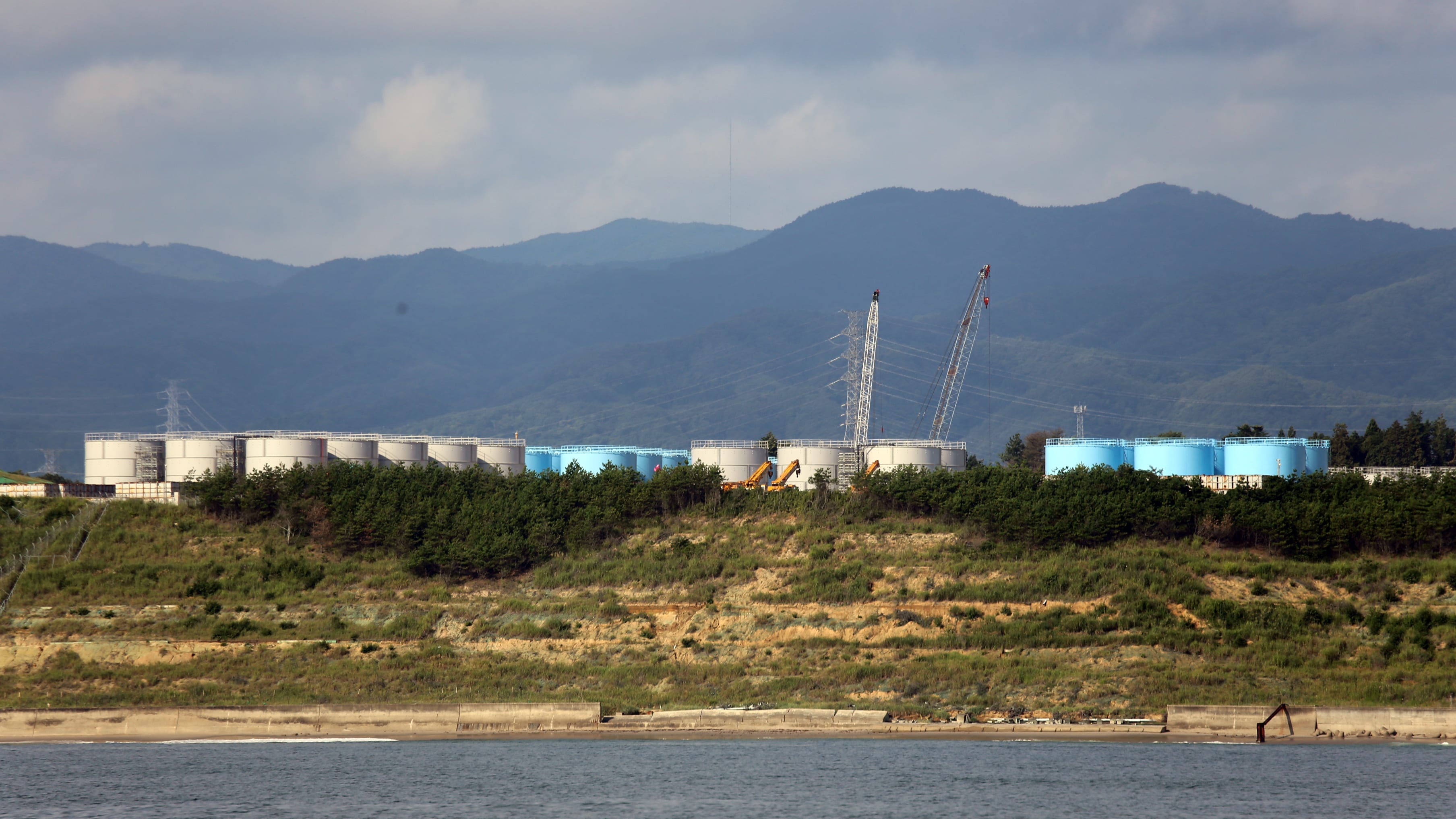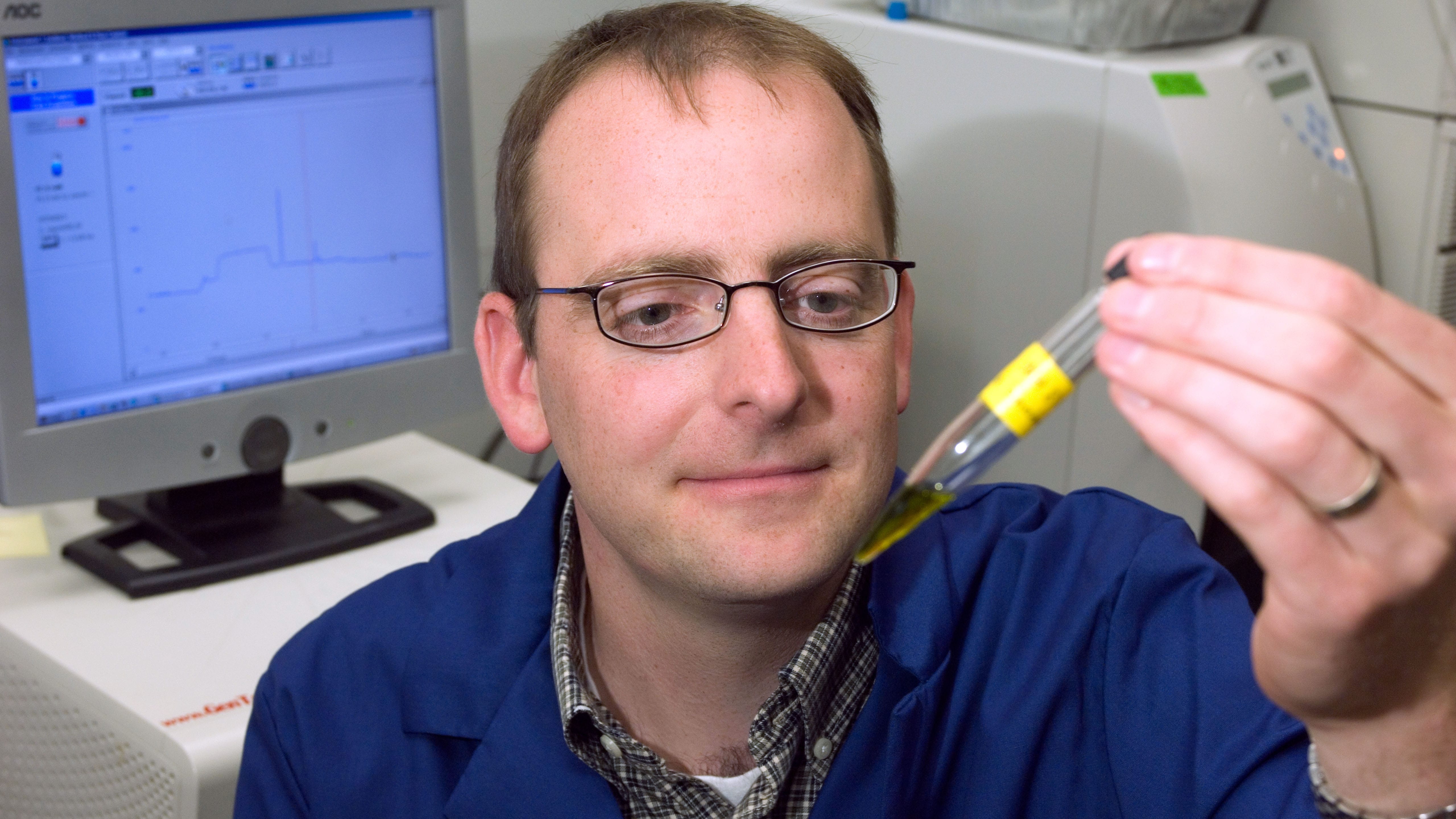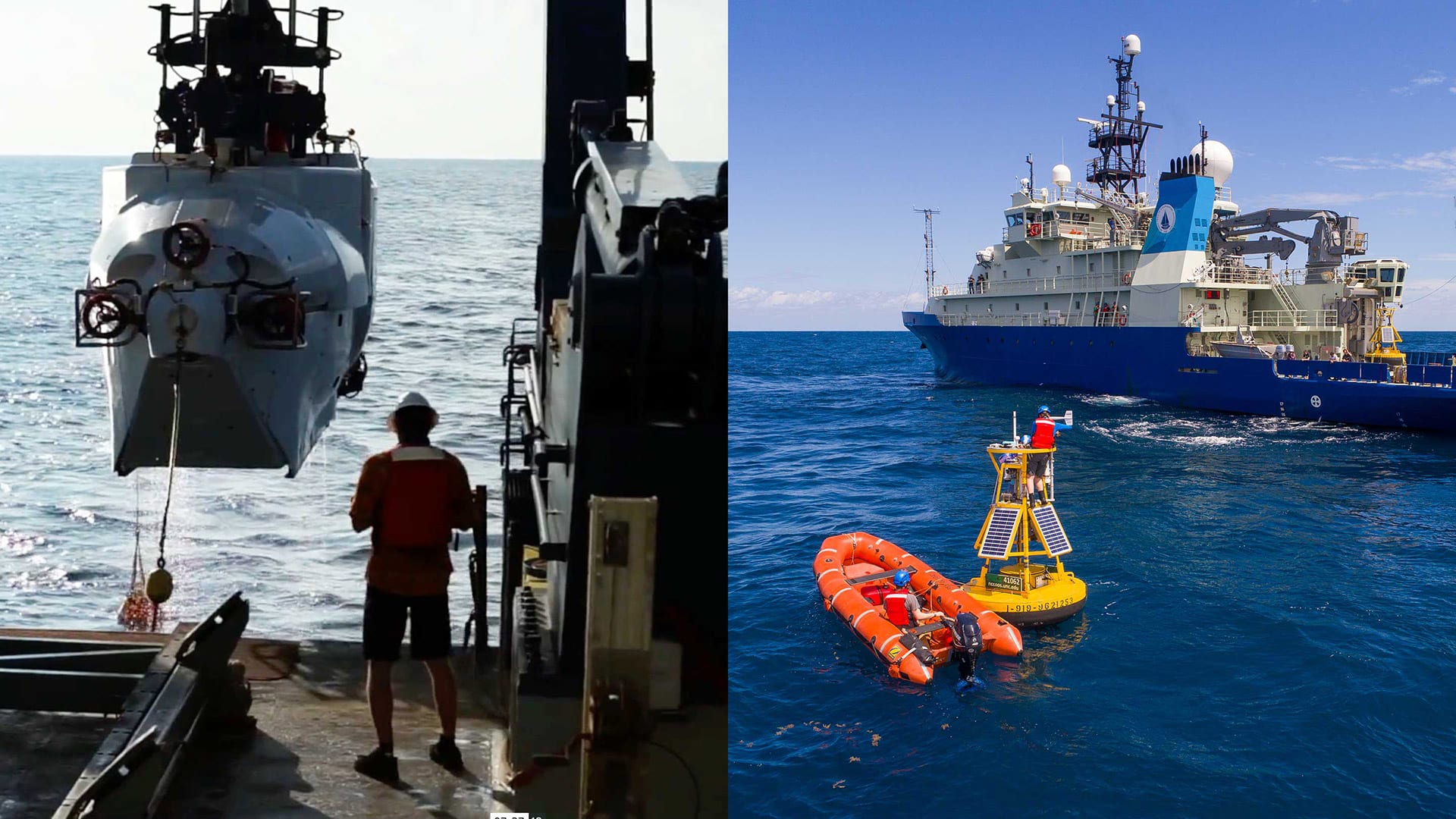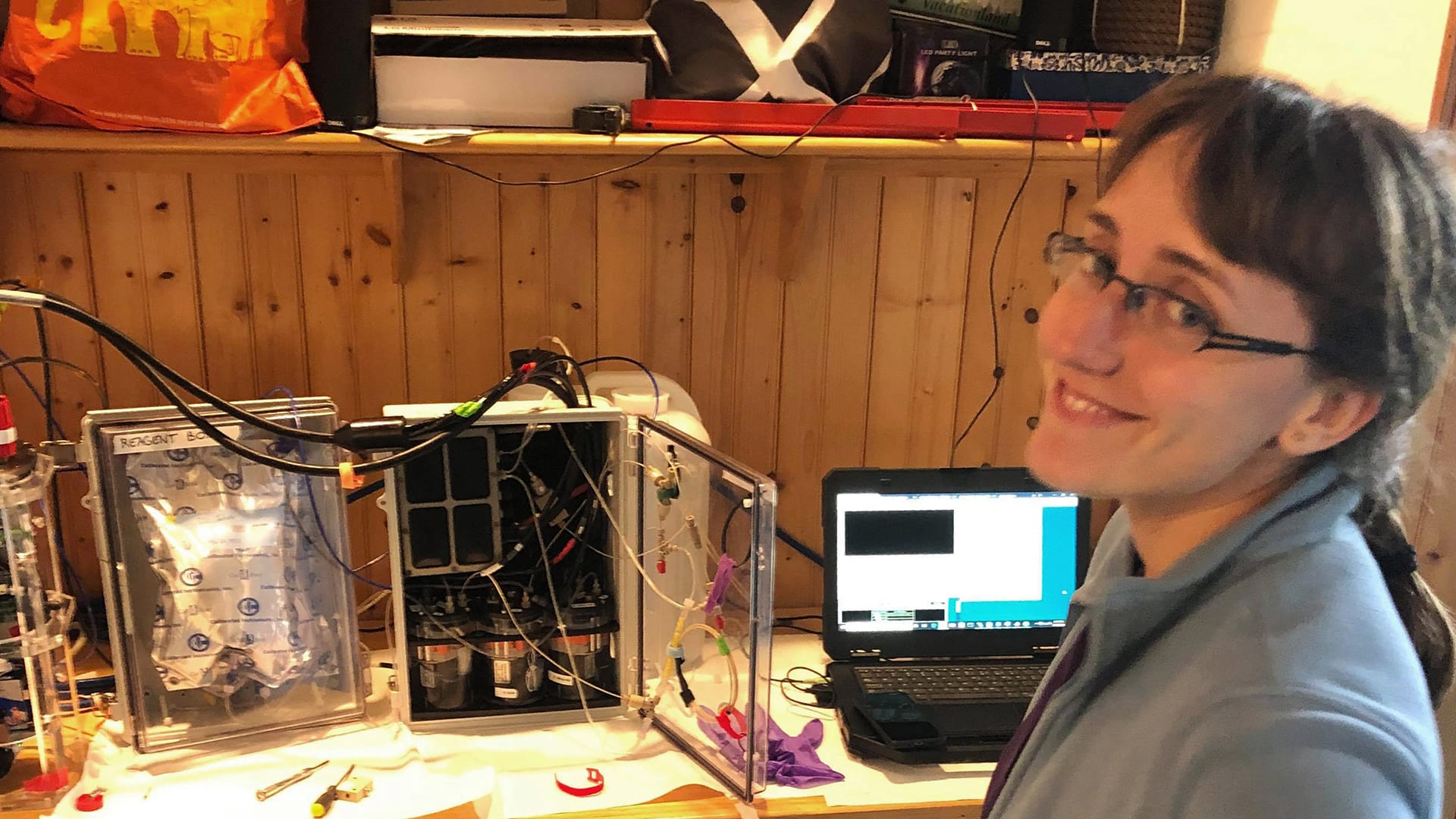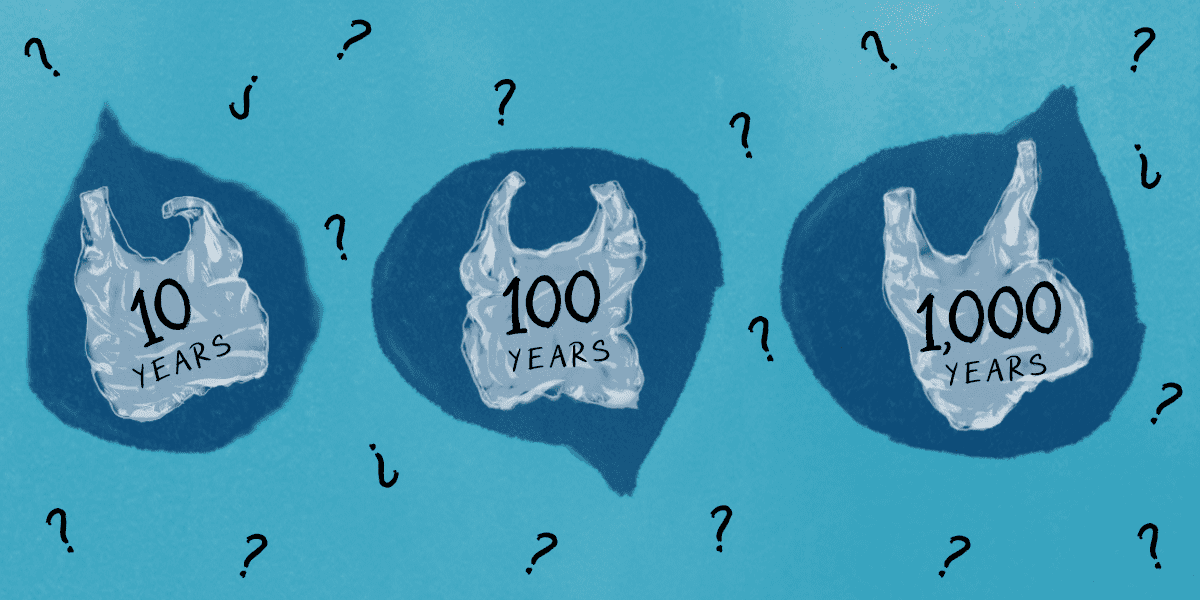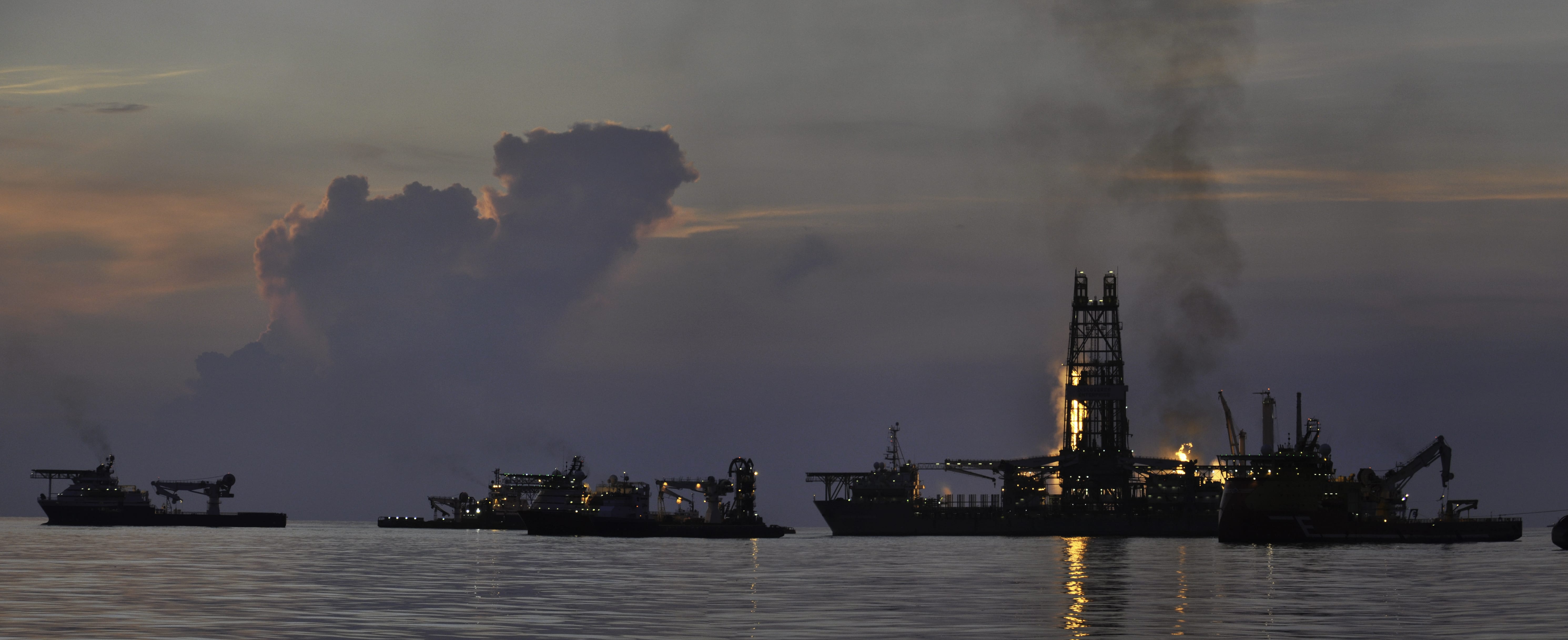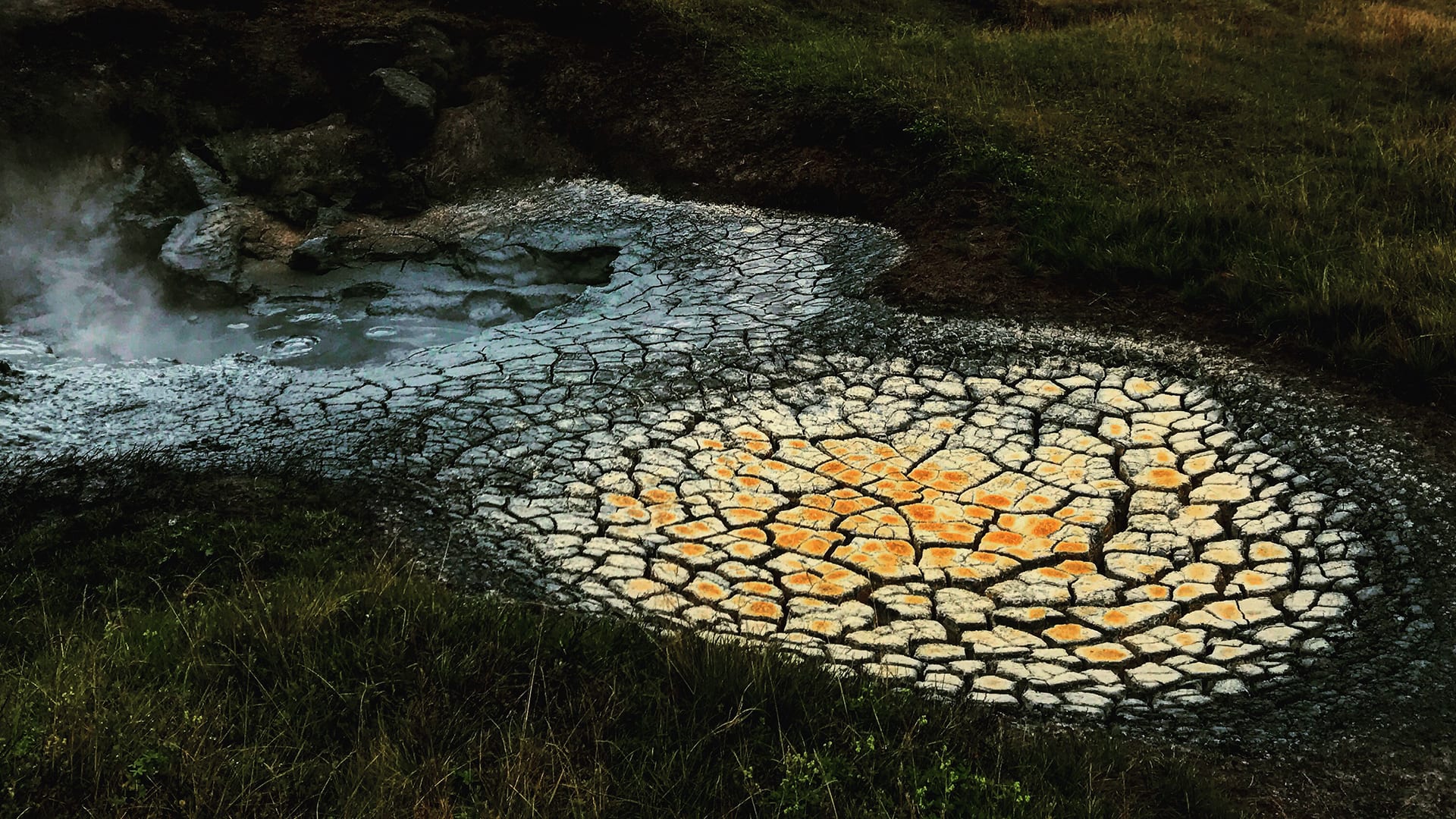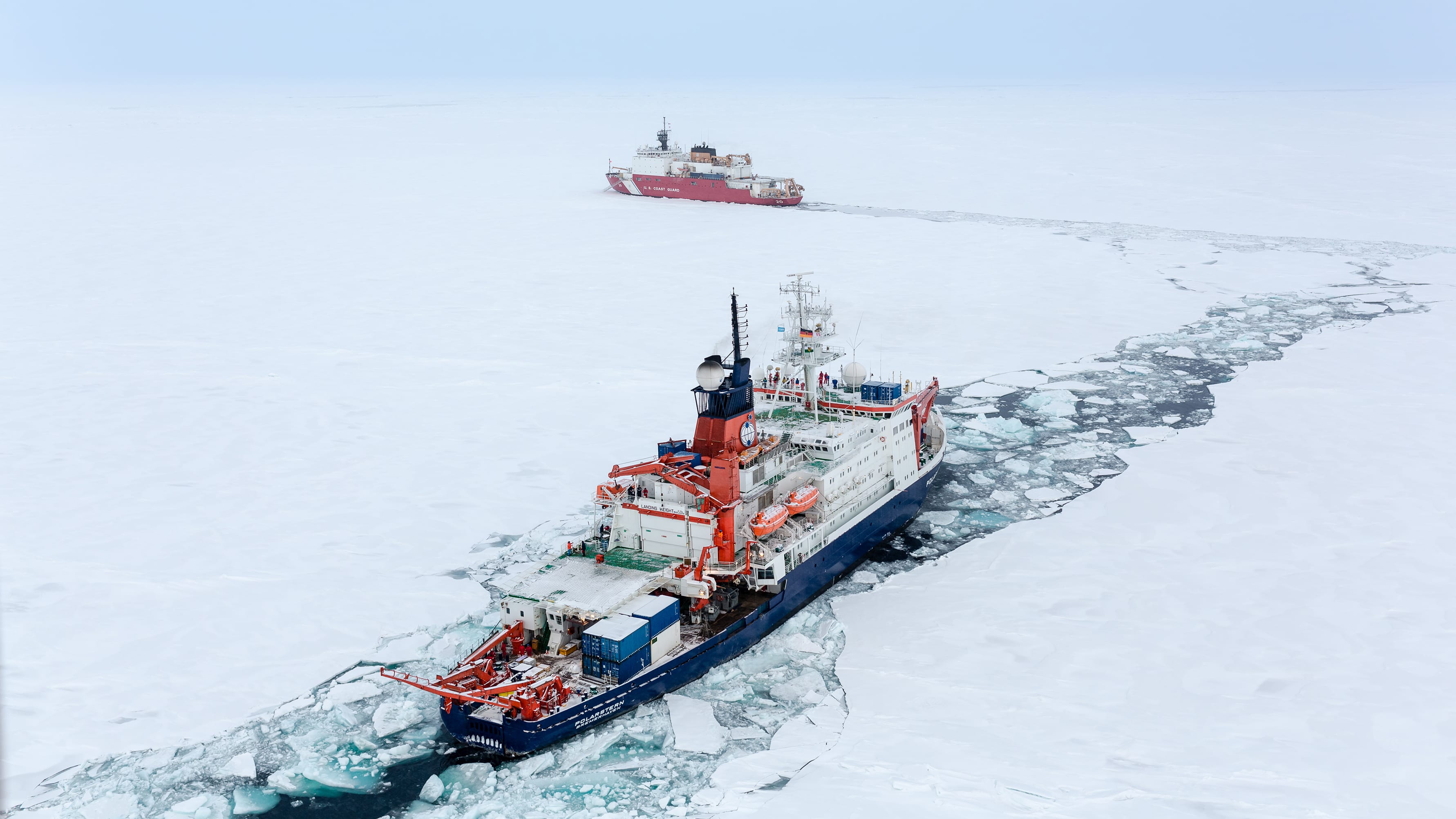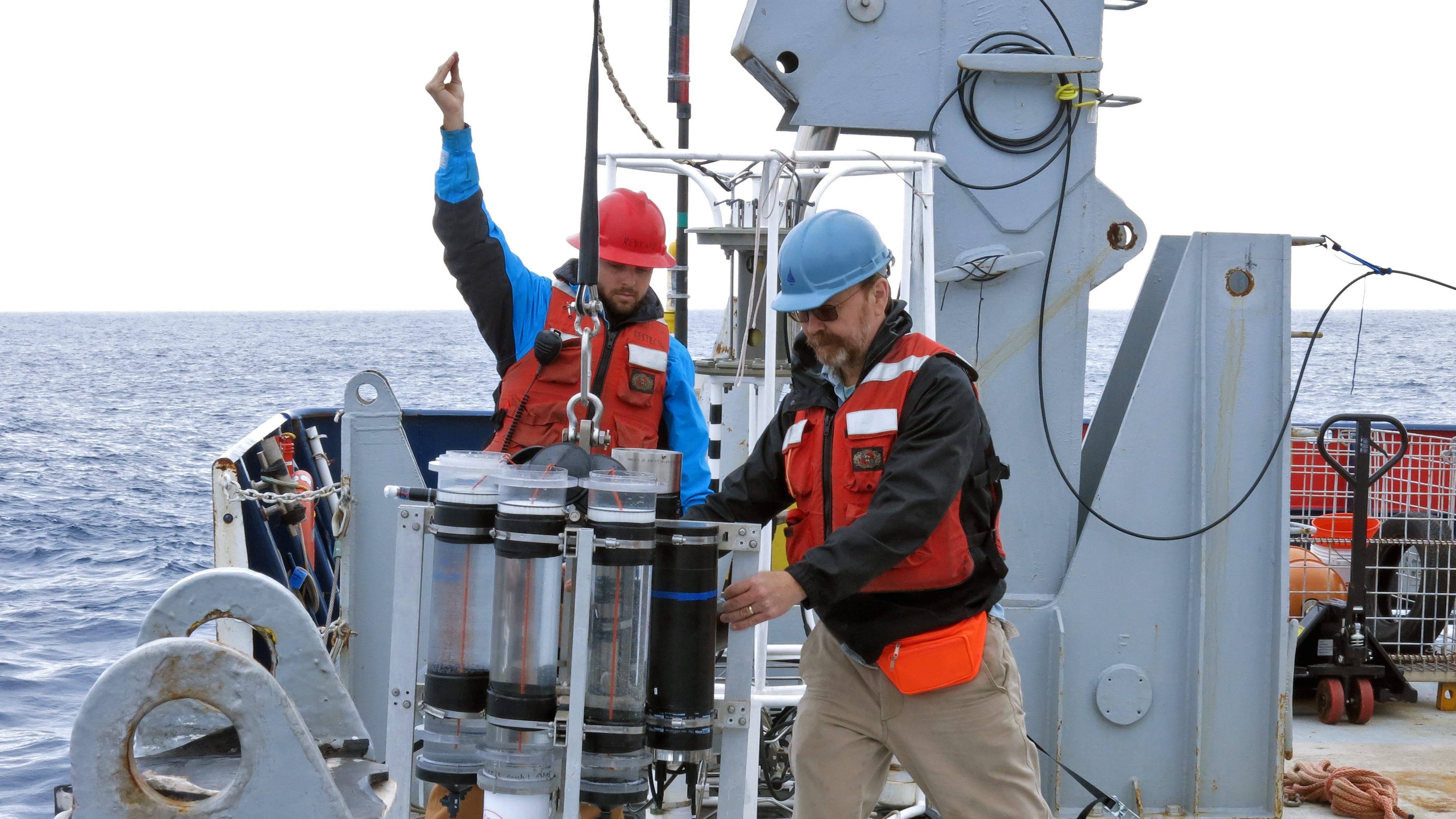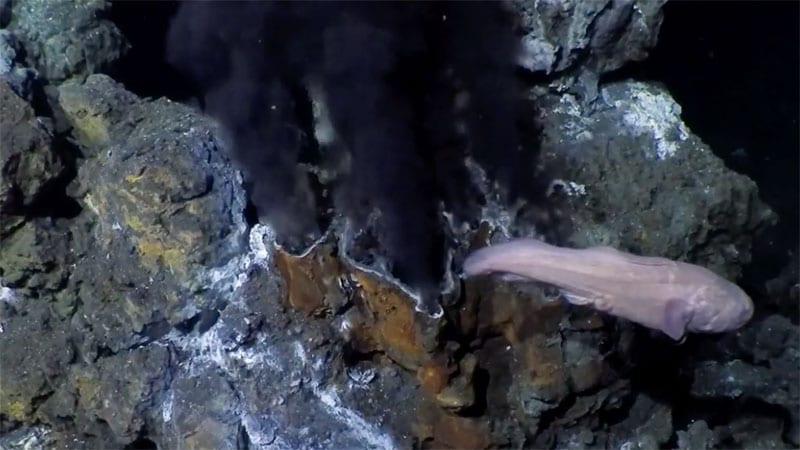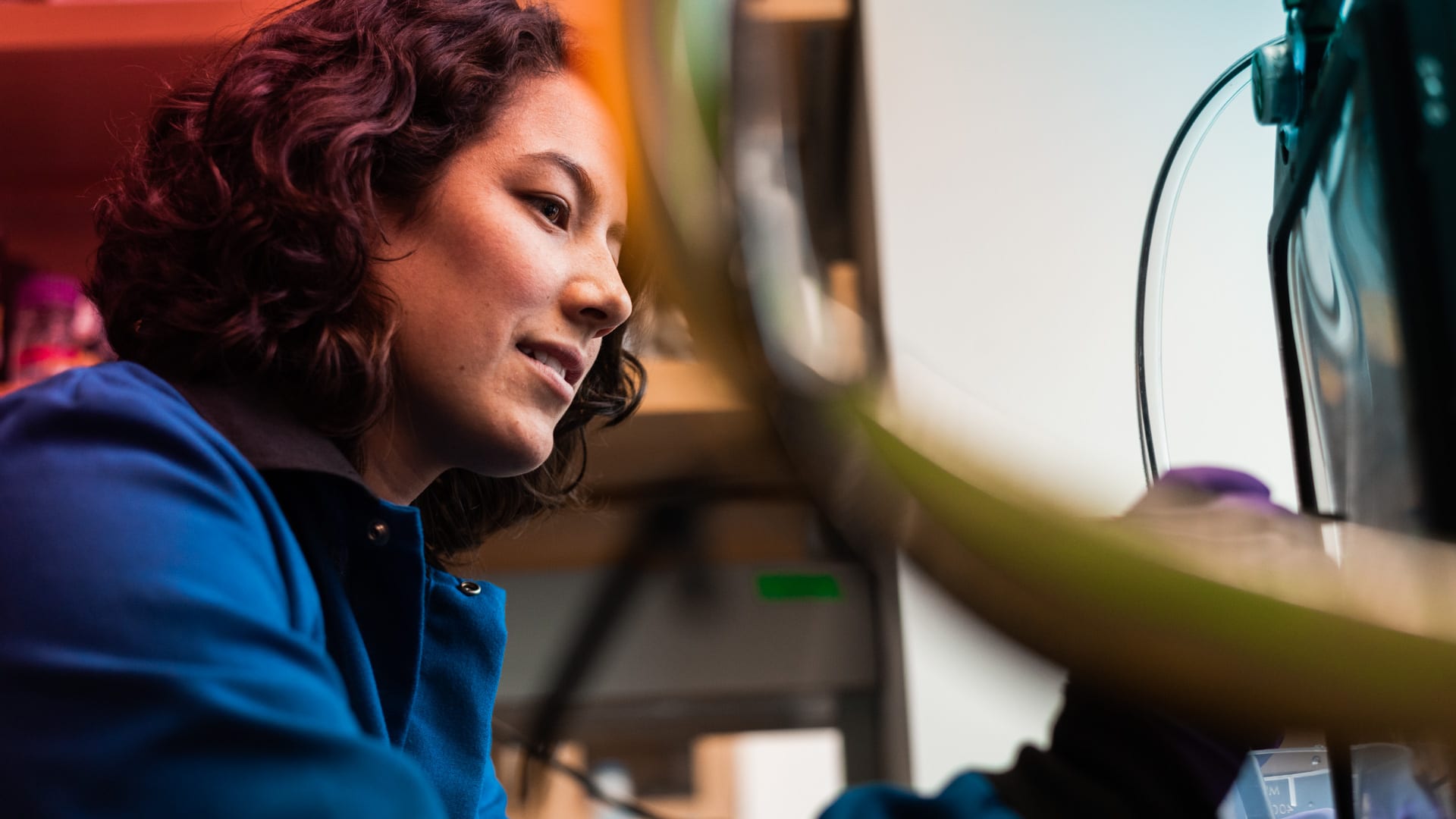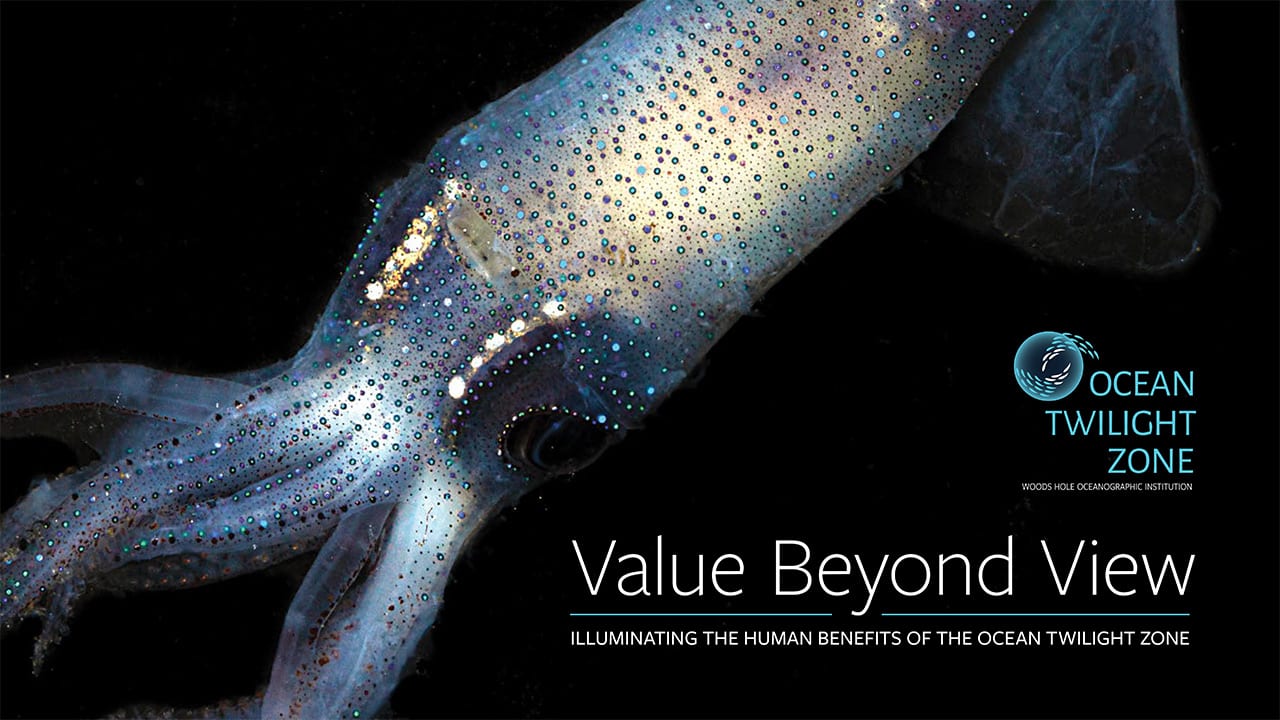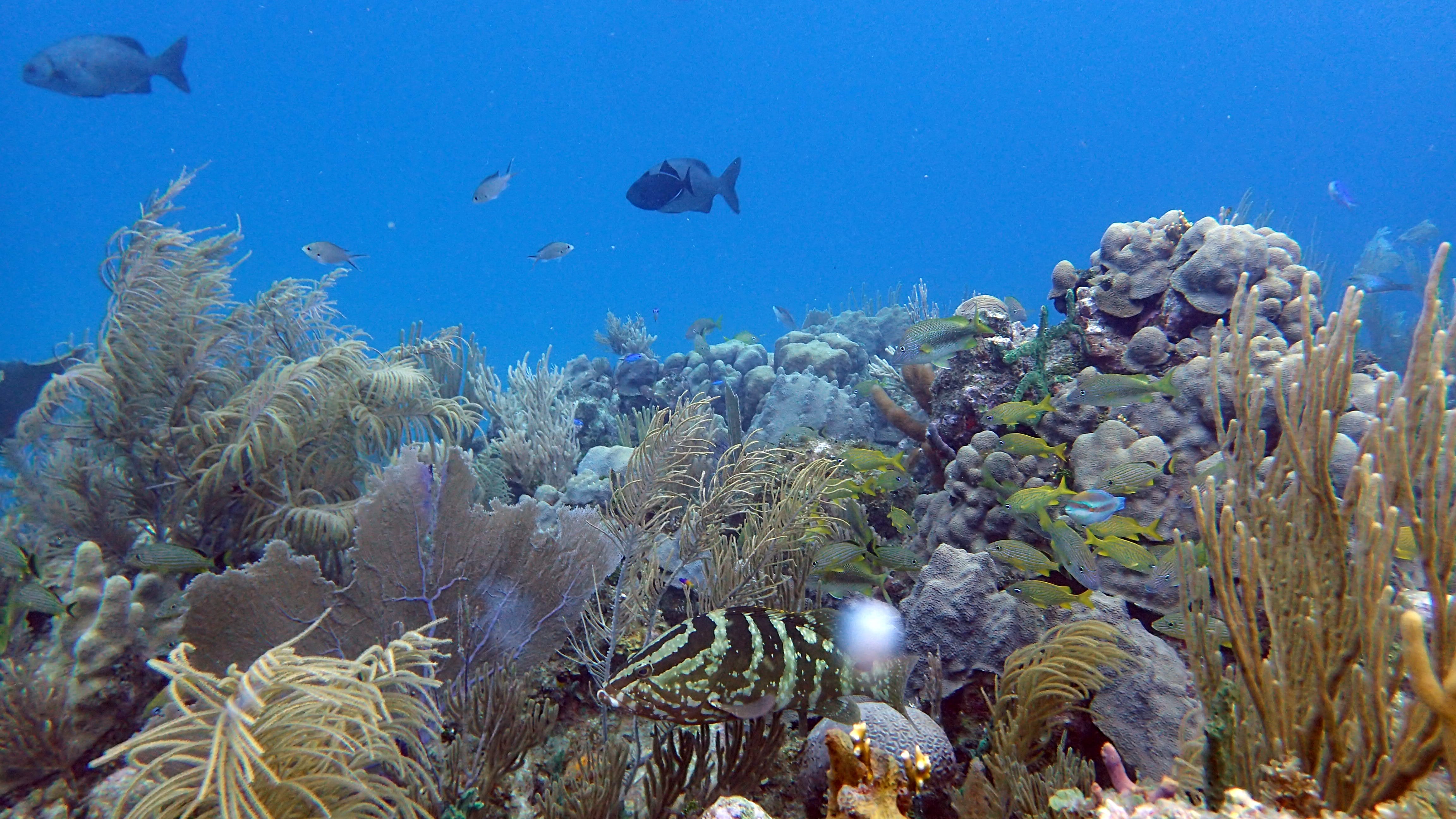Marine Chemistry & Geochemistry
Don’t assume the worst about the Mauritius oil spill
Opinion piece written by WHOI chemist and oil spill expert Chris Reddy
Read MoreNew paper addresses the mix of contaminants in Fukushima wastewater
A new study in the journal Science addresses recent suggestions that treated wastewater from the Fukushima Dai-ichi Nuclear Power Plant should be dumped in the ocean.
Read MoreExperiments Reveal How Permafrost Carbon Becomes Carbon Dioxide
Permafrost has been frozen for far longer than humans have been on the planet. That’s a good thing because permafrost contains over a trillion metric tons of organic carbon deposited by…
Read MoreWHOI receives $2.7M from Simons Foundation to study nutrients, microbes that fuel ocean food web
The Simons Foundation has awarded Woods Hole Oceanographic Institution (WHOI) scientists Dan Repeta and Benjamin Van Mooy two grants totaling $2.7 million to study key processes that help fuel the…
Read MoreAs if Yemen Needed More Woes, a Decrepit Oil Tanker Threatens Disaster
The task at hand is to keep a bad situation from getting worse, said Christopher M. Reddy, a marine scientist at the Woods Hole Oceanographic Institution. “We have a problem,…
Read MoreWHOI Scientists Make Woods Hole Film Festival Appearance
Woods Hole Oceanographic Institution (WHOI) scientists appear in two shorts and a feature film at this year’s Woods Hole Film Festival (WHFF). In addition, scientists will also participate in Q&A…
Read MoreScientists Discover A New Material For Cleaning Up Oil Spills
In the middle of a battle like an oil spill, you want to have a very predictable material that is easily deployed and creates no uncertainty, says Chris Reddy, at…
Read MoreWorking from Home: Mallory Ringham
WHOI-MIT joint program student outfits her basement to do vital work on a marine carbon sensor
Read MoreThe many lifetimes of plastics
Infographics strive to give us a sense of how long plastic goods will last in the environment. But is this information reliable? The findings of a new study from WHOI may surprise you.
Read MoreNASA Scientists train in Nevada Desert to remotely control Mars Perseverance Rover
Working from Home: Matt Long
A marine chemist spends his time at home tinkering on a high-tech buoy in the basement, proving that being homebound doesn’t mean you can’t think big.
Read MoreThe Deepwater Horizon Disaster Fueled a Gulf Science Bonanza
Chris Reddy is an expert in oil spill science who in 2010 helped determine the size, heading, and chemical composition of the underwater plume from an oceanographic research vessel and…
Read MoreWhat did scientists learn from Deepwater Horizon?
Ten years after the Deepwater Horizon explosion caused the largest accidental marine oil spill in history, WHOI marine geochemists Elizabeth Kujawinski and Christopher Reddy review what they— and their science colleagues from around the world—have learned.
Read MoreNew geochemical tool reveals origin of Earth’s nitrogen
A new geochemical tool sheds light on the origin of nitrogen and other volatile elements on Earth, which may also prove useful as a way to monitor the activity of volcanoes
Read MoreA rapidly changing Arctic
A new study by researchers at Woods Hole Oceanographic Institution (WHOI) and their international colleagues found that freshwater runoff from rivers and continental shelf sediments are bringing significant quantities of carbon and trace elements into parts of the Arctic Ocean via the Transpolar Drift—a major surface current that moves water from Siberia across the North Pole to the North Atlantic Ocean.
Read MoreThe ocean’s ‘biological pump’ captures more carbon than expected
Scientists have long known that the ocean plays an essential role in capturing carbon from the atmosphere, but a new study from Woods Hole Oceanographic Institution (WHOI) shows that the efficiency of the ocean’s “biological carbon pump” has been drastically underestimated, with implications for future climate assessments.
Read MoreOcean’s ‘biological pump’ absorbs more carbon than previously estimated
New research suggests the ocean’s “biological carbon pump” is more efficient at absorbing carbon than scientists previously estimated.
Read MoreFinding medical answers in the ocean
The test being used to diagnose the novel coronavirus—and other pandemics like AIDS and SARS—was developed with the help of an enzyme isolated from a microbe found in marine hydrothermal vents as well as freshwater hot springs.
Read MoreKalina Grabb studies some of the ocean’s most reactive chemicals
A marine geochemist discusses her passion for coral reefs, how volatile compounds in the ocean affect their health, and a new type of sensor that is shedding light on these interactions.
Read MoreReport reveals ‘unseen’ human benefits from ocean twilight zone
A new report from researchers at Woods Hole Oceanographic Institution (WHOI) reveals for the first time the unseen—and somewhat surprising—benefits that people receive from the ocean’s twilight zone. Also known as the “mesopelagic,” this is the ocean layer just beyond the sunlit surface.
Read MoreHow microbes reflect the health of coral reefs
A collaborative study compared seawater from 25 reefs in Cuba and the U.S. Florida Keys varying in human impact and protection, and found that those with higher microbial diversity and lower concentrations of nutrients and organic carbon—primarily caused by human activities—were markedly healthier.
Read MorePortable device allows to measure highly reactive superoxide on coral reefs
Researchers at WHOI successfully conceived and tested a portable device, DISCO, that performed the first in situ measurements of a highly reactive type of oxygen, known as superoxide, which may…
Read MoreWhales may owe their efficient digestion to millions of tiny microbes
A study by NSF-funded researchers at WHOI shows that the microbial communities inside whales may play an important role in the digestion of one of the ocean’s most abundant carbon-rich lipids: wax esters.
Read MoreWHOI-engineered DISCO allows scientists to measure highly reactive superoxide on coral reefs
WHOI researchers successfully conceived and tested a portable device, DISCO, that performed the first in situ measurements of a highly reactive type of oxygen, known as superoxide, which may play an integral role in the health of coral reefs.
Read More
